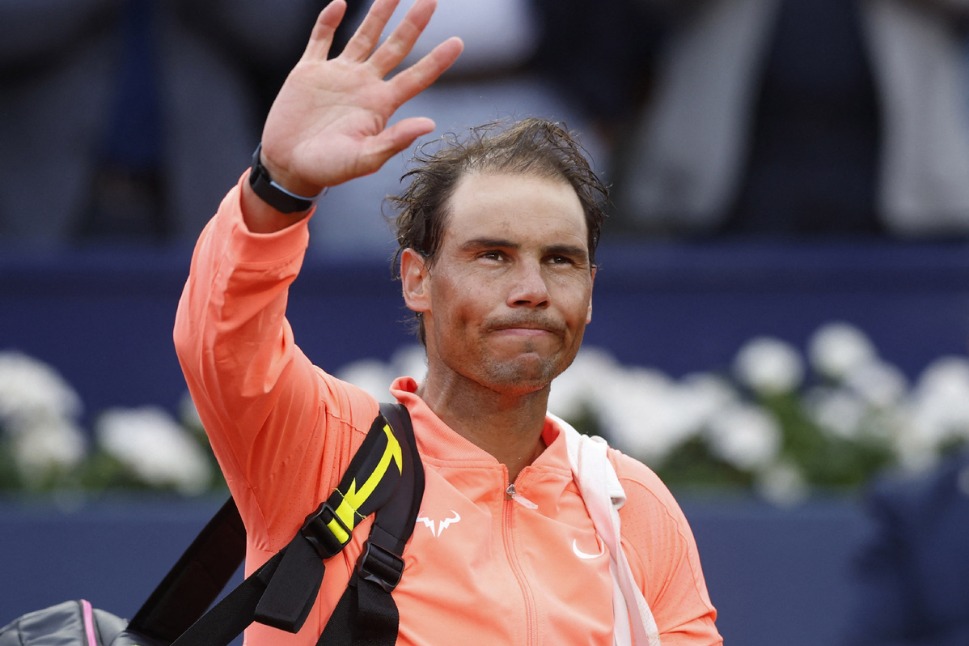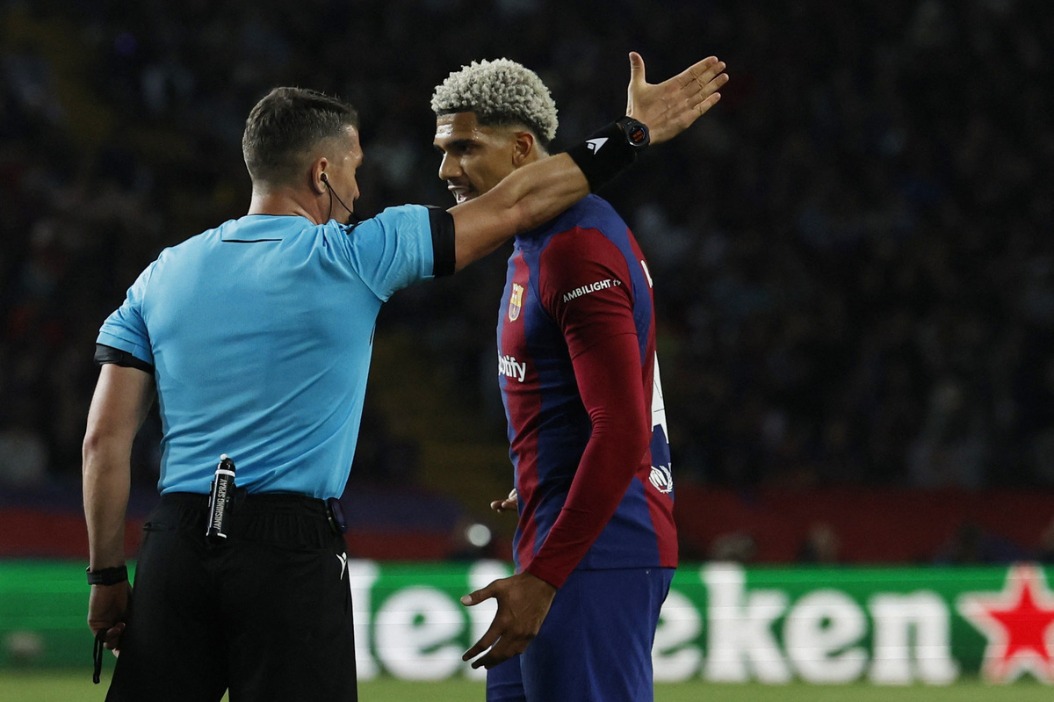China told to get skates on


Struggling hockey teams must improve quickly to justify spots at 2022 Games
Ice hockey's world governing body has urged China to justify its automatic qualification for the 2022 Winter Olympics.
Last May, the International Ice Hockey Federation (IIHF) voted to allow China to enter its men's and women's teams in the Beijing 2022 tournaments, breaking with the convention of making the host nation qualify through competition.
However, some observers have expressed concerns that the current poor standard of the Chinese squads could dilute the quality of the Games

"It's a challenging situation for China, especially in the men's game," IIHF President Rene Fasel told China Daily in Shanghai at the recent launch of the fifth mass ice and snow sports carnival.
"It takes as long as 15 years to develop good hockey players to be competitive at the highest level-at the moment, China has only four.
"We have to make sure that the Olympics are the highest-level competition, but at the same time give the host teams a chance to put on some decent performances."
Unlike most team sports at Summer Olympics where hosts are awarded automatic entries, the 12-team men's and 10-squad women's hockey Olympic tournaments traditionally require all nations to go through a challenging qualification system.
Without enough talent to sustain a national league, China's 33rd-ranked men's team has never previously reached the Games or the world championships' top division.
China's women's team enjoyed a short-lived purple patch during which it reached the 1998 Olympic semifinals in Nagano, Japan. However, since its last Games appearance in 2010 in Vancouver, the 20th-ranked female squad has suffered a sharp decline and has seen its funding cut.
Fasel, though, is backing China to prove the doubters wrong in four years' time.
"I don't know if you have the word 'impossible' in Chinese. I don't think so. The Chinese character is that when you want something you will do it by working day and night, putting in extra effort and manpower until you make it happen," said the 68-year-old Swiss.
The Chinese Ice Hockey Association managed to persuade the IIHF to grant the Olympic spots by promising to build a domestic professional league that would sustain the sport's development here after the Games.
The association, which separated from the State-run sports system last year, pledged in a recent report that the new national league would begin in May 2019 and feature eight clubs.
"Increasing the number of games homegrown talents play is critical, because in the past they've had a minimal amount of tests," said CIHA president Cao Weidong.
The new league is expected to be made up of teams from four major clubs-Kunlun Red Star, Jilin City Investment, Beijing Shougang and Zhongshang Hokay-and squads developed by northeastern provincial sports bureaus.
"We want to have the Chinese preparing the two national teams (for 2022) and at the same time to build their leagues so we can guarantee the sport's legacy and be sustainable after the Olympics," said Fasel.
The new league, Fasel hopes, will form the top of a pyramid which can be built on the foundations of a growing grassroots game-the popularity of which is highlighted by the 2,600 junior players registered for the Beijing Minor Hockey League's 2018-19 season.
China's pro hockey scene is currently limited to Shanghai-based Kunlun Red Star's participation in the Russia-based Kontinental Hockey League, two entries in the rebranded Silk Road Hockey League (formerly Russia's second tier) and Red Star's Shenzhen-based female squad playing in the Canadian Women's Hockey League.
The teams all feature overseas talent of Chinese ancestry drafted through 2022 Olympic tryouts. The aim is to have them eligible to represent China in time for the Games.
South Korea controversially naturalized six Canadian male players prior to the 2018 Pyeongchang Olympics.
However, Fasel says China's plans are easier to accept.
"It's a good step that China only wants players with Chinese heritage. A gap (in development) of at least 15 years cannot be closed anytime soon, so it's necessary to use these groups of talent," he said.
Most Popular
- Chinese runner, 3 pacers in marathon disqualified
- Shanghai welcomes return of Formula 1
- Beijing Half Marathon winner disqualified
- F1 'ten years' away from more Chinese drivers, says Zhou
- Coastal Rizhao set for major sports, leisure events
- China's athletes have earned places in 165 events for Paris Olympics






























